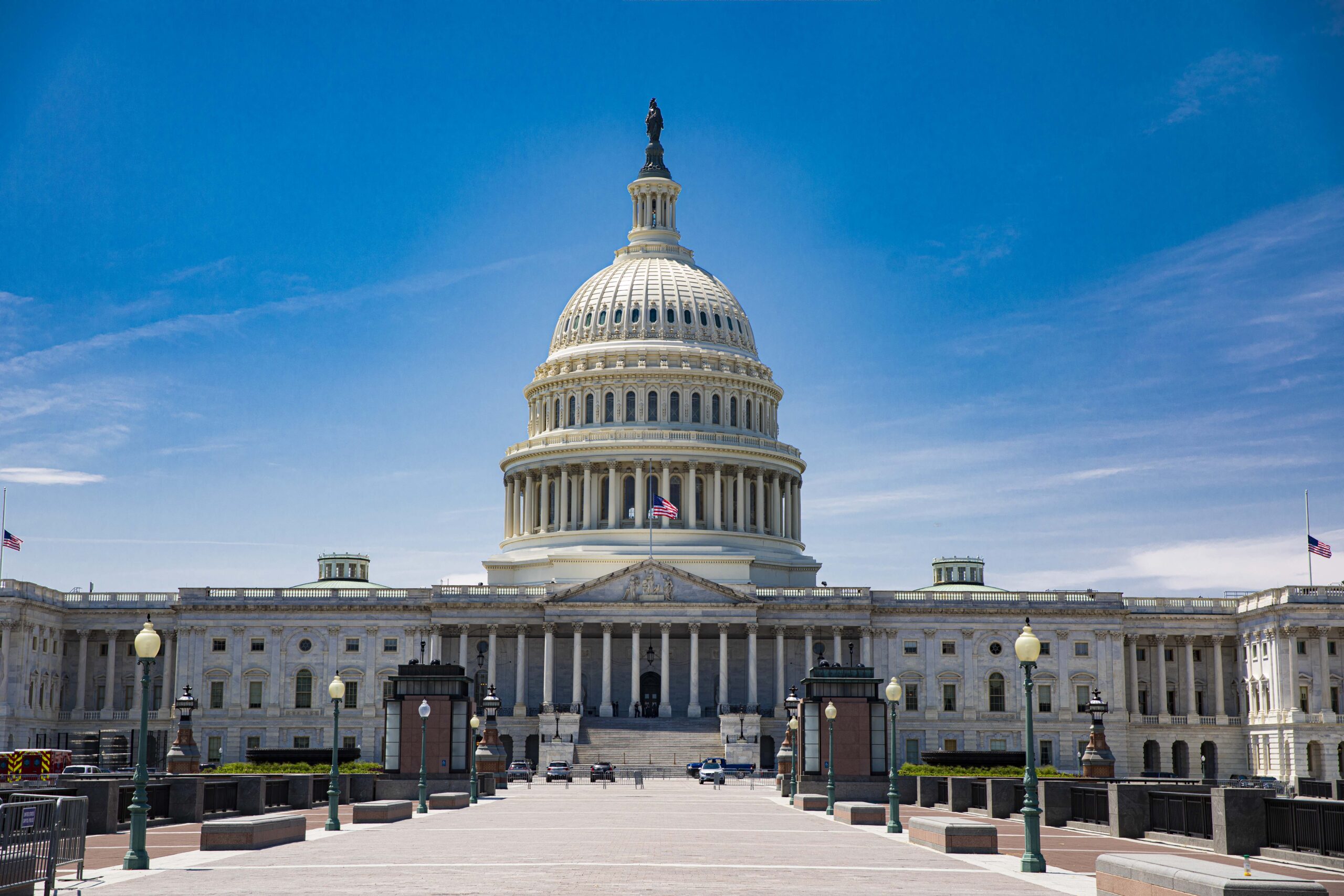
House Republicans early Friday gave final approval to a $9 billion package of spending cuts targeting foreign aid and public broadcasting, marking a victory for President Donald Trump and his Department of Government Efficiency (DOGE) initiative.
The package passed through an obscure budget law designed to bypass the Senate filibuster, allowing the House to codify portions of DOGE’s proposed cuts into law. Approximately $8 billion will come from congressionally approved foreign aid programs, mainly dismantling parts of the U.S. Agency for International Development, while $1.1 billion will be cut from the Corporation for Public Broadcasting, which funds NPR and PBS.
The vote was narrow at 216-213, with only two Republicans, Reps. Mike Turner and Brian Fitzpatrick, opposing the measure.
Transparency Dispute Threatens Passage
Before passage, the bill faced disruption in the tightly divided House as some Republicans demanded greater transparency related to Jeffrey Epstein files. This controversy has strained relations between Trump and some GOP members.
Speaker Mike Johnson and the House Rules Committee spent hours negotiating, ultimately advancing the spending cuts alongside a non-binding resolution calling for release of additional Epstein documents. However, the resolution lacks a guaranteed floor vote.
Following the vote, Trump hailed the legislation on Truth Social as a “BIG” achievement. Johnson praised the effort to “downsize the scope of government,” emphasizing a vision of a limited, accountable, and effective federal government.
Yet Johnson stopped short of promising the Epstein resolution would be brought to the floor, citing alignment with the White House.
Budget Cuts and Political Implications
The final package trims about $400 million less than an earlier House version after Senate resistance removed cuts to PEPFAR, a global AIDS program. Despite this, conservatives supported the package for its significant cuts in other global health areas.
Rep. Eric Burlison (R-MO) called the cuts “low hanging fruit” and expressed disappointment over the Senate’s removal of PEPFAR cuts, but viewed the bill as progress.
The bill’s passage raises questions about bipartisan cooperation to fund the government past the September 30 deadline. Senate Democratic Leader Chuck Schumer expressed skepticism about working with Senate Republicans, accusing them of folding to Trump’s pressure and lacking good faith.
Meanwhile, House Appropriations Chairman Tom Cole said any impact on future spending talks would be Democrats’ choice.
What The Author Thinks
This spending cut package underscores the tightrope Republicans walk between advancing Trump’s agenda and maintaining party unity. While conservatives tout fiscal responsibility, the narrow vote and Epstein controversy reveal underlying fractures. The use of obscure budget maneuvers reflects how partisan gridlock compels lawmakers to seek unconventional paths. Whether these cuts lead to meaningful fiscal reform or deepen political division remains to be seen.
Featured image credit: Wikimedia Commons
For more stories like it, click the +Follow button at the top of this page to follow us.
